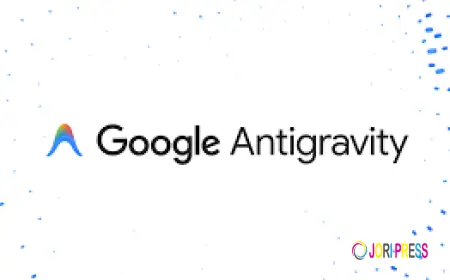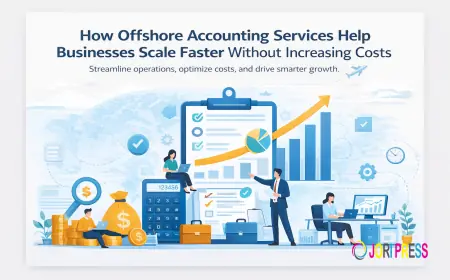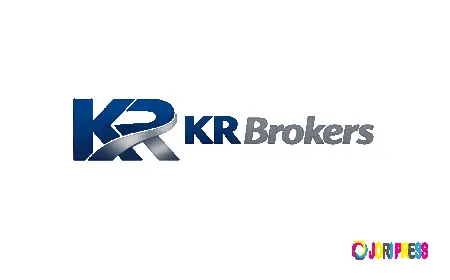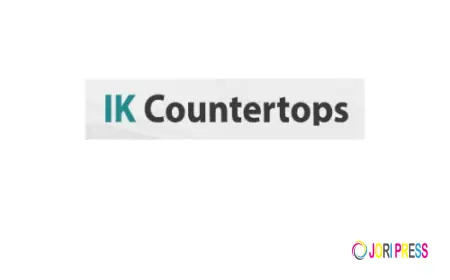eSign Audit Trail & Security Compliance: What Every Enterprise Must Know
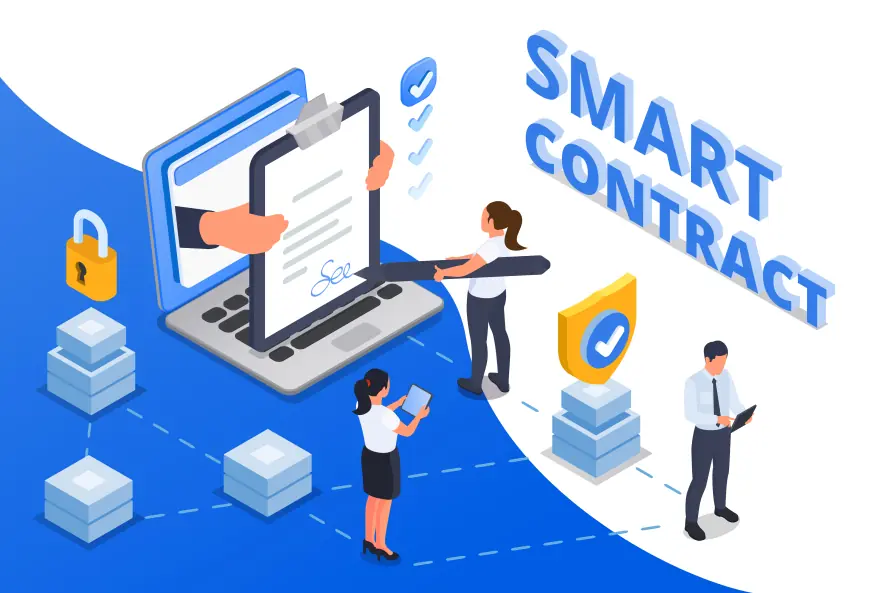
For enterprises, adopting electronic signatures (eSign) isn’t just about speed—it’s also about security, legal compliance, and traceability. A digitally signed document may be fast and convenient, but without proper audit trails and compliance measures, it can pose risks.
This blog explains why audit trails and security matter, and how enterprises can implement eSign solutions that are both efficient and legally valid.
What is an eSign Audit Trail?
An audit trail is essentially a digital record that tracks every step of a signed document, including:
-
Who signed the document
-
When it was signed (timestamp)
-
How the signature was applied (OTP, biometric, digital certificate)
-
Any modifications to the document
This ensures transparency and accountability for every electronic signature, which is critical for enterprises handling sensitive or high-volume contracts.
Why Audit Trails Matter for Enterprises
-
Legal compliance → Indian law (IT Act 2000) recognizes eSign with proper authentication and audit trails as legally valid.
-
Risk mitigation → Protects against disputes or allegations of tampering.
-
Internal governance → Helps HR, Legal, and Procurement teams track approvals efficiently.
-
Regulatory audits → Makes it easier to comply with external audits or inspections.
With a robust audit trail, enterprises can confidently adopt eSign for contracts, NDAs, HR documents, and vendor agreements.
Security Measures Every Enterprise Should Look For
When choosing an eSign solution, security is just as important as legality:
-
OTP or Biometric Authentication → Ensures the signer’s identity is verified.
-
Encryption → Documents are encrypted during signing and storage.
-
Tamper-evident Signatures → Any changes post-signing are detectable.
-
Secure Storage → Digital copies must be stored in a safe, compliant environment.
-
Role-based Access → Only authorized personnel can initiate or approve signatures.
Aadhaar eSign, integrated via Meon, naturally incorporates these measures, making it a trusted solution for enterprises.
Compliance Best Practices for Enterprises
-
Define signing workflows → Identify who signs what, in which order.
-
Use a trusted eSign provider → Prefer solutions with full audit trails and legal compliance.
-
Maintain digital logs → Keep copies of signed documents with audit details.
-
Train employees → Ensure teams understand compliance requirements and best practices.
-
Regularly review updates → IT Act and Aadhaar eSign regulations evolve; stay updated.
Following these practices ensures enterprises remain legally secure and operationally efficient.
Real-World Applications
-
HR Departments → Offer letters, appraisal letters, and contracts signed with full audit trail.
-
Legal Teams → NDAs and vendor agreements with tamper-proof digital signatures.
-
Procurement Teams → Purchase orders and vendor onboarding with secure approvals.
With Aadhaar eSign API integration, these workflows can be automated, secure, and fully auditable.
Check out our Electronic Signature page to see enterprise-ready solutions in action.
Conclusion
For enterprises, adopting eSign isn’t just about digital convenience—it’s about trust, security, and compliance. A proper audit trail combined with robust security measures ensures that every electronically signed document is legally valid and dispute-proof.
By choosing a solution like Meon Aadhaar eSign, enterprises can confidently streamline workflows while staying fully compliant under Indian law.
? Ready to secure your enterprise documents and automate approvals? Explore Meon’s Aadhaar eSign and Electronic Signature solutions today.
What's Your Reaction?
 Like
0
Like
0
 Dislike
0
Dislike
0
 Love
0
Love
0
 Funny
0
Funny
0
 Angry
0
Angry
0
 Sad
0
Sad
0
 Wow
0
Wow
0

